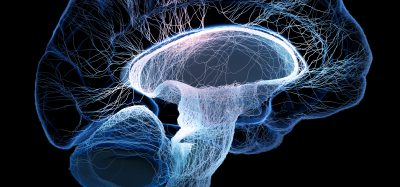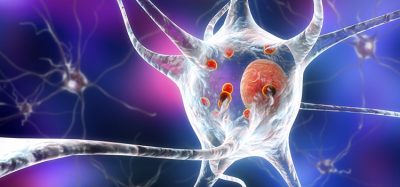“Our study demonstrates that Efr3a is associated with BDNF signaling and adult neurogenesis, which are important for learning and memory,”
said Binggui Sun, PhD, a researcher involved in the work at the Department of Neurobiology, Key Laboratory of Medical Neurobiology (Ministry of Health of China), Key Laboratory of Neurobiology of Zhejiang Province, Zhejiang University School of Medicine, Hangzhou, Zhejiang, China. “We hope our results will provide new insights into the mechanisms underlying learning and memory.”
Preclinical models
To draw their conclusions, Sun and colleagues bred Efr3af/f mice and then crossed these mice with another group to delete Efr3a, one of the Efr3 isoforms, specifically in the brain. Brain-specific ablation of Efr3a promoted adult hippocampal neurogenesis by increasing survival and maturation of newborn neurons without affecting their dendritic tree morphology.
Also, the BDNF-TrkB signaling pathway was enhanced in the hippocampus of Efr3a-deficient mice, as reflected by increased expression of BDNF-TrkB, and the downstream molecules, including phospho-MAPK (mitogen-activated protein kinase) and phospho-Akt.
“This study once again emphasises the extreme importance of neurogenesis specifically linked to neurotrophic signaling in the hippocampus,”
said Thoru Pederson, Ph.D., Editor-in-Chief of The FASEB Journal. “We are again reminded of how far we have come from the era in which neurogenesis in the adult mammalian brain was not believed to even occur.”









